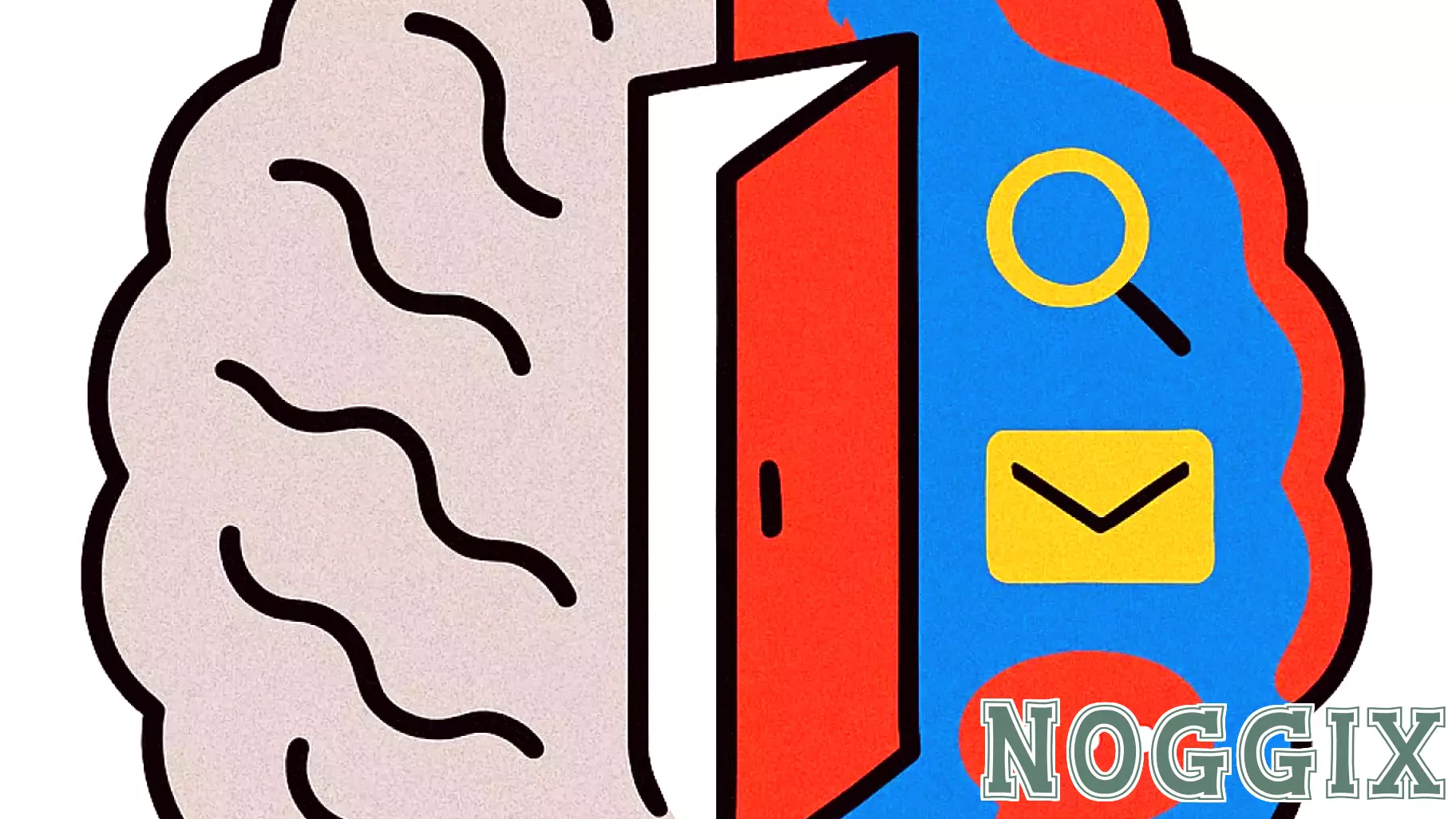Digital Engagement: A Key to Safeguarding the Aging Brain
April 18, 2025 - 00:58

Recent studies suggest that digital tools may play a significant role in protecting the aging mind, not merely by increasing screen time, but by fostering cognitive engagement. As individuals age, maintaining mental acuity becomes crucial, and participation in various digital activities could be the answer.
Engaging with technology—whether through online games, virtual social interactions, or learning new skills—encourages users to think critically and adapt to new information. This cognitive stimulation is essential for keeping the brain active and healthy.
Moreover, digital platforms offer unique opportunities for social connection, which can combat feelings of isolation often experienced by older adults. By interacting with others online, seniors can enhance their emotional well-being and cognitive function.
As technology continues to evolve, it is becoming increasingly important for older adults to embrace these digital tools. This shift not only promotes mental agility but also encourages a sense of community and belonging, ultimately contributing to a healthier, more engaged lifestyle.
MORE NEWS

February 24, 2026 - 23:01
The Emotional Impact of American MisogynyThe recent release of court documents has thrust horrific accounts of exploitation into the public eye, serving as a stark and unsettling reminder of deep-seated misogyny. For many, engaging with...

February 24, 2026 - 10:23
Frontiers | Relationship between ostracism and psychological crisis vulnerability among chinese college students: the mediating roles of self-uncertainty and subjective social statusA new study reveals a troubling connection between social ostracism and psychological vulnerability among university students in China. The research identifies key internal and social factors that...

February 23, 2026 - 22:31
The Moral Energy ProblemSeeing a disabled person as a full and complete human being requires a sustained effort, a force one philosopher has termed `moral energy.` For the families and loved ones who provide daily care,...

February 23, 2026 - 03:26
Psychology says the reason your father never told you he was proud of you isn't that he wasn't — it's that his generation was taught that providing was the language of love, and he said it every day in ways you weren't listening forFor many, the words `I`m proud of you` from a father remain an unspoken, lifelong ache. A common psychological perspective suggests this silence is rarely a reflection of a lack of feeling. Instead...